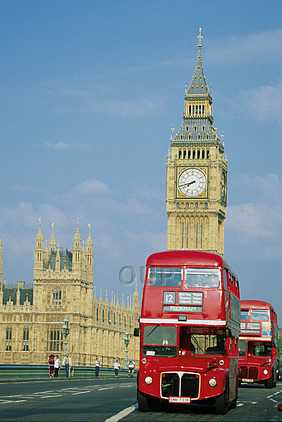
Chris Hooper is an ESOL Tutor, Manager and Advanced Practitioner at Leeds City College, UK. In this guest post, he considers the extent to which knowledge of national culture benefits language learners.
Teaching English to immigrants in the UK, US, Australia and other English speaking countries brings its own challenges. Teachers often find themselves trying to help people make sense of their new homeland, as well as developing language skills. Many of my students from a range of different countries want to try to understand what it means to be British. That’s not an easy thing to define… Tea? Fish and chips? Cricket? Fair play? Island nation? Arrogance? Modesty? Irony? Sarcasm?
There are some excellent travel books (Kingdom by The Sea by Paul Theroux, Notes from a Small Island by Bill Bryson) in which the writers give their outsiders’ views of the UK. I’ve recently used extracts from the Paul Theroux book (quite old now but wonderfully written) to provide stimulus for vocabulary work and prompt students to create their own writing about their views of the UK. There was an instant feeling of recognition amongst the students in the group (“yes – 2 taps in the bathroom!”, “British people – always embarrassed!”) that they were highly motivated to get their ideas down on paper for homework.
There are plenty of resources specifically made for ESOL learners – the UK Home Office/ NIACE pack https://www.learningandwork.org.uk/ and the excellent www.esoluk.co.uk which is run by local tutors in my area are two examples. There are paper based and online activities which can be used to explore questions of national identity within a controlled language context.
The BBC has a good section on this which I use to provoke some interesting discussion on What makes you British? In this, British people give their own views of what it means to them to be British. There are many different ideas – from those who feel it as an integral part of their lives, to others for whom nationality is irrelevant. The discussions we’ve had around national identity have been a great opportunity to put into practice the techniques for interrupting we’ve been working on – everyone has a lot to say about their experience of the British and is keen to get a word in.
It leaves the question though… does it matter what it means to be British? Or American? Or Australian? How much of a role do English teachers have to play in these discussions? And is it important for people learning in their own country to have an understanding of culture and identity of English speaking nations? Maybe in the world we live in we should just accept that English is a multi-national means of communication and culture is very low down the list of priorities for most learners?
Related resources:
- Take the Britain Quiz!
- Links to British culture websites
- Interactive exercises from Britain for Learners of English


There’s an interesting book from George Mikes, called “How to be an Alien” (Penguin Reading Lab Level 3) (9780582416864). It’s about the views of a foreigner on British culture. Really funny!
Being British means you were born in Britain or you have a British passport. Conversations defining Britishness in terms beyond this must be restricted to informal chats in the pub.
As a Scot myself (and therefore British by the way), double decker buses driving by Westminster says nothing to me about being British; and I’m sure it means little to most people outside central London!
While I have often discussed differences between students’ countries or cultures with the country they are now in, opinions vary wildly from student to student, with age, gender, and loads of other variables.
I think people often recite the stereotypes back at you. It’s what they have heard from other people, what they’ve read in books, etc. ‘National identities’ are perhaps a self-perpetuating myth.
All attempts to define nations, races, etc. descend dangerously into stereotyping, or worse. Nationality, however, is easy to define – it is written in your passport(s).
The rise of ‘citizenship’ as something that can be taught rather simply the sum total one’s lived experiences is absolutely crazy.
This conflates (read ‘deliberately manipulates’) the teaching of the value of community and social inclusion and the skills required to be a ‘global citizen’ with something very dangerous sounding, a “national identity”.
Tony